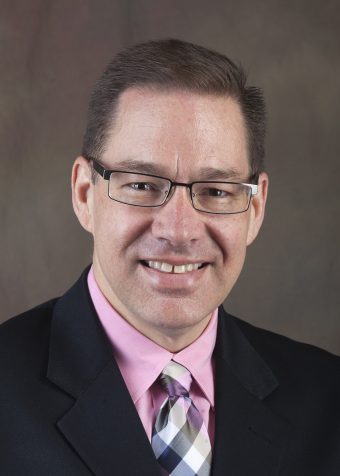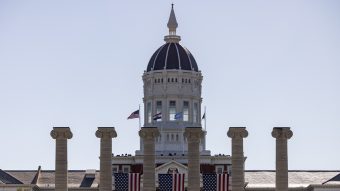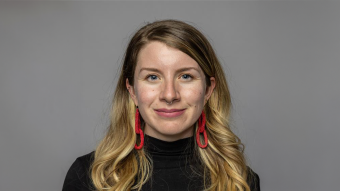Jan. 8, 2020
Contact:
Eric Stann, 573-882-3346, StannE@missouri.edu
Mitchell S. McKinney, 573-489-9709, McKinneyM@missouri.edu
The views and opinions expressed in this “for expert comment” release are based on research and/or opinions of the researcher(s) and/or faculty member(s) and do not reflect the University’s official stance.
January’s Democratic presidential primary debate occurs less than three weeks before voters begin to cast their ballots to determine the party’s nominee in the 2020 U.S. presidential election.
A candidate’s primary debate performance is more influential on a voter’s decision to pick a candidate than in a general election debate because large numbers of primary debate viewers are undecided, while most viewers say they’ve already made up their minds during the general election, said Mitchell S. McKinney, a professor of communication and director of the Political Communication Institute at the University of Missouri.

Surrounding the seventh Democratic presidential debate in Iowa on January 14, McKinney is available to discuss with the media why presidential primary debates matter and why the upcoming debate is particularly important.
“With Iowa polls showing the Democratic race neck-and-neck among the leading Democratic candidates, this debate, just days before the Iowa caucuses, will be an important moment for candidates to differentiate themselves and persuade voters they are the strongest Democrat to take on Donald Trump,” McKinney said.
McKinney, a scholar of presidential debates, focuses his research on a candidate’s debate performance at this formative stage of the broader campaign. His analysis shows that candidates can greatly enhance — or hinder — their ability to emerge as the eventual nominee with their debate performance. His work has identified key debate strategies that candidates can use to distinguish themselves from their party rivals. He also has examined the influence televised debates have played in presidential elections, beginning with John F. Kennedy and Richard Nixon in 1960.
The University of Missouri has a VideoLink ReadyCam TV interview studio. ReadyCam is capable of transmitting broadcast-quality standard-definition and high-definition video directly to all news media organizations around the world.
Editor’s Note: To view McKinney’s bio, please click here.



